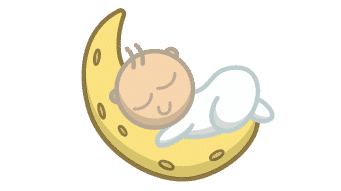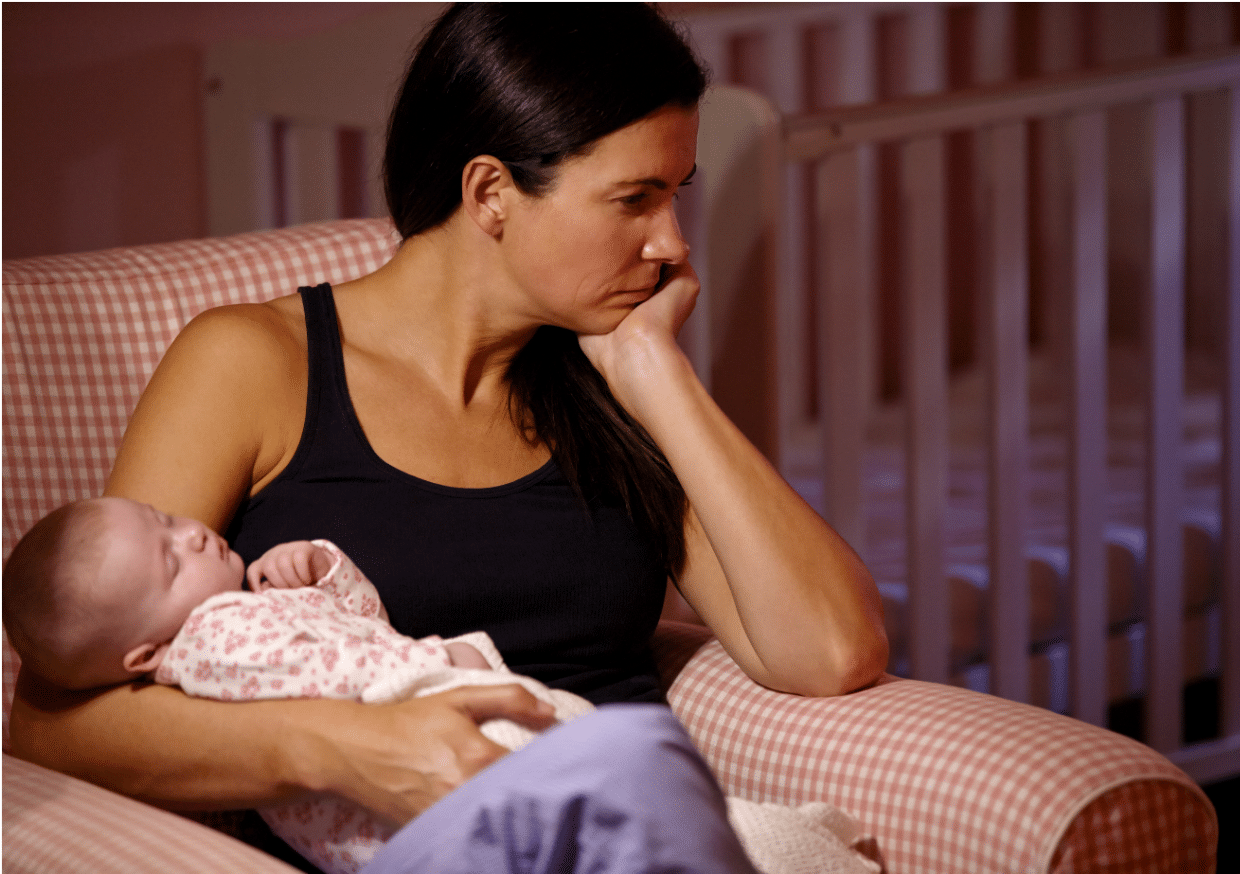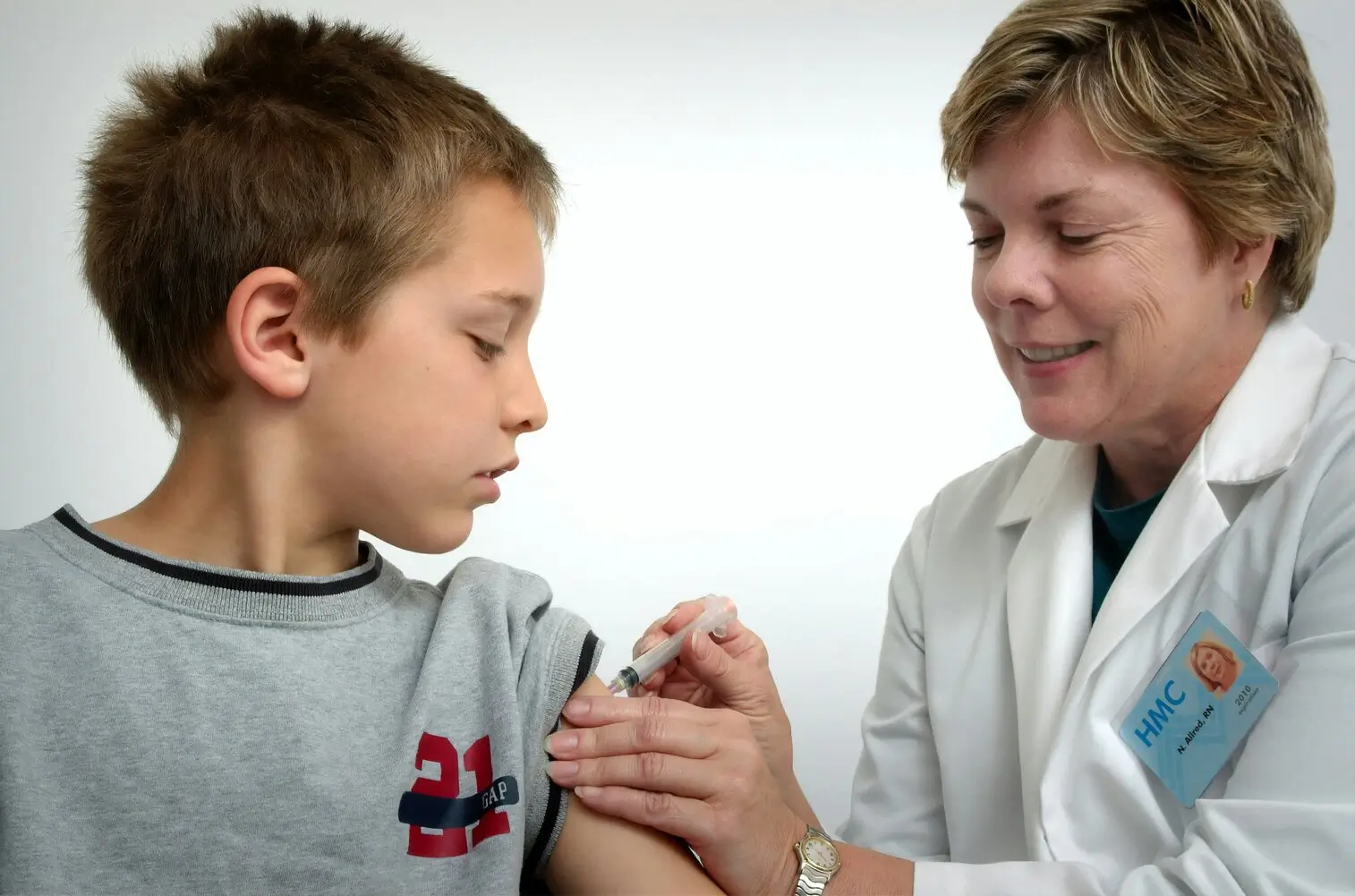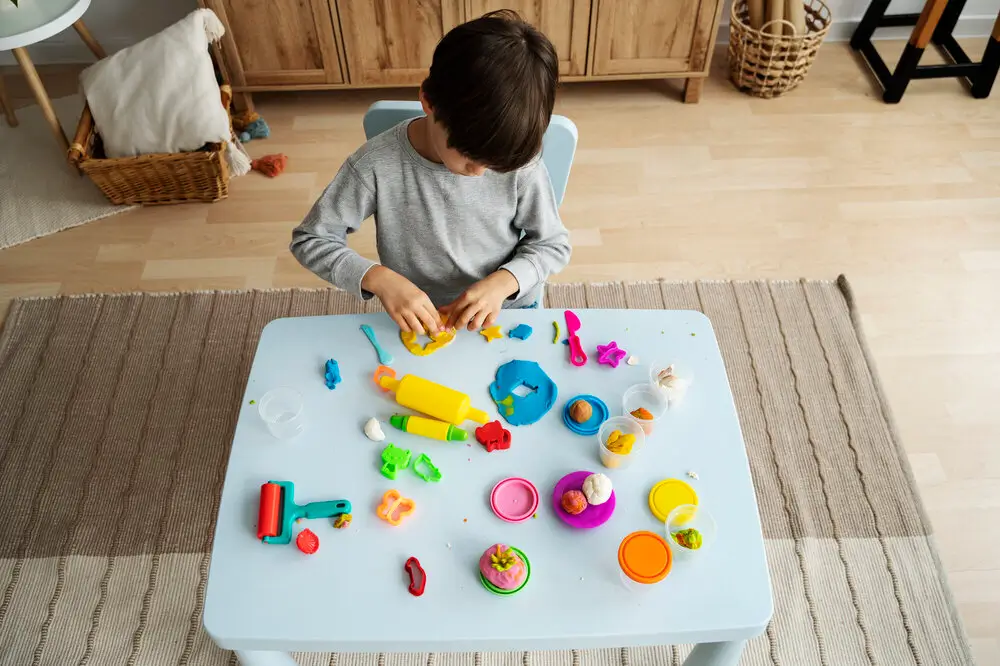The journey of motherhood brings both joy and challenges, and for many new moms, adjusting to life with a newborn can be overwhelming. Signs of Postpartum Depression in New Moms can sometimes be subtle, making it difficult to recognize early on. It’s important to understand the emotional and physical signs that may indicate postpartum depression, as early intervention can help with recovery. In this guide, we’ll explore common symptoms and provide support for new mothers going through this challenging time.
Understanding Postpartum Depression
Postpartum depression is a type of mood disorder that affects some women after giving birth. It can occur anytime within the first year post-delivery, and it’s essential to distinguish it from the “baby blues.”
The baby blues are relatively common and typically involve mood swings, tearfulness, and anxiety in the first few weeks after childbirth. However, PPD is more severe, long-lasting, and can interfere with daily life.
Common Signs and Symptoms
- Persistent Sadness: One of the most prominent signs of PPD is a persistent feeling of sadness that doesn’t seem to improve over time.
- Loss of Interest: New moms with PPD often lose interest or pleasure in activities they once enjoyed, including caring for their baby.
- Sleep Problems: While sleep deprivation is common for new parents, PPD can lead to severe sleep disturbances, even when the baby is asleep.
- Fatigue: PPD can cause extreme fatigue and low energy levels, making it challenging to carry out daily tasks.
- Changes in Appetite: Significant changes in appetite, including overeating or undereating, can be indicative of PPD.
- Irritability and Anxiety: PPD can lead to heightened irritability, restlessness, and feelings of anxiety, sometimes bordering on panic attacks.
- Difficulty Bonding: Some mothers with PPD may have trouble bonding with their baby, which can intensify feelings of guilt and sadness.
- Intrusive Thoughts: In severe cases, mothers may experience disturbing thoughts or fantasies related to their baby’s well-being.
- Social Withdrawal: A new mom with PPD may withdraw from friends and family, isolating herself from support networks.
Risk Factors
While PPD can affect any new mother, certain factors may increase the risk:
- A history of depression or mental health issues
- Lack of a strong support system
- Stressful life events
- Complications during pregnancy or childbirth
- Hormonal fluctuations
Seeking Help
If you or someone you know is experiencing signs of PPD, it’s essential to seek help promptly. PPD is treatable, and early intervention can make a significant difference in recovery.
Options for treatment include therapy, medication, or a combination of both. Additionally, leaning on a support network of friends and family can be incredibly beneficial.
Read more about Love Through Caregiving…
Conclusion
Postpartum depression is a real and challenging condition that can affect new moms. Recognizing the signs and seeking help when needed is crucial for both the well-being of the mother and the healthy development of the baby. Remember, you’re not alone in this journey, and there is support available to help you navigate the challenges of new motherhood.
If you or someone you know is struggling with PPD, don’t hesitate to reach out to a healthcare professional or a mental health expert for guidance and support. You’re taking an important step towards a brighter and healthier future for both you and your baby.




